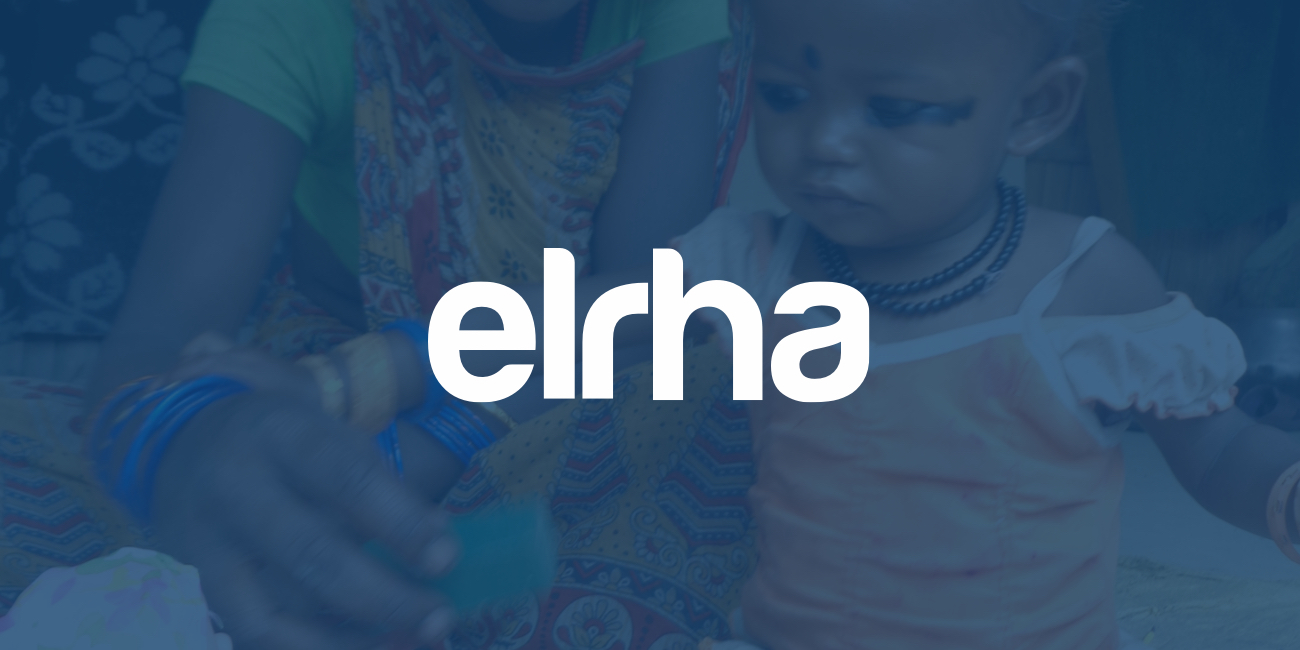Stepping Out Of The Gender Box

The experience that I am going to share relates to a lady called Fadumo Ali Omar (name changed for privacy). Before doing that, let me share with you how men and women typically interact in our study area; particularly in relation to a certain act that seems to be unremarkable in the other parts of the world, but is a very big deal in our context.
As the intervention specialist, I rotate from site to site, supervise the discussions and address various technical issues related to intervention delivery. As part of the pilot testing of the intervention, we are formally testing the intervention when delivered to groups of women, groups of men, or to couples.
One day, I arrived in one of the women-only group discussions where close to 20 women were discussing a topic from the day’s session. One female participant was preparing the Somali tea, as part of the intervention delivery platform. I asked the project’s Field Assistant (Male) to take over and serve the ladies so that they could focus on their discussions. At first he was hesitant, but later indicated that he had never served a woman in his entire life and since he respected me, he accepted to serve them all. I asked him to explain more and his response was that women are the ones to serve and “we men” never serve a woman, neither in a marriage relationship nor with our parents.
While the Field Assistant was serving, some woman were cheering and others were groaning. I asked them what this was all about and most said that it would have been much better if their husbands were present to see a man serving tea to women. I particularly asked Fadumo, one of the most expressive in the group discussion, what her opinion was on this matter and she replied “My husband used to be so stubborn. He’d prefer to die than fetch me water and I would have felt relieved if this program had approached us earlier in our relationship so that men like my husband could come for a day to a group like this and see what we are discussing and see the privilege of being served by men”. As Fadumo said, there are likely still many men in our area who prefer to adhere to these rigid gender norms.
As part of the 16-session in-person intervention, there are multiple sessions addressing gender equality in relationships, decision-making, and household support roles. One of these sessions focuses on the gender box (the set of norms that guides women and men’s roles and expectations in society) and stepping out of the gender box. Having a man serve women tea is just one example of stepping out of the gender box. The intervention also includes sessions on healthy sexuality and building healthy relationships.
Fadumo, told me how beneficial this program has been in her relationship with her husband. She described how her husband has now become supportive and nicer to her, unlike prior to the program. She said, “he has heard about this course from the zone leaders and came home after my first day and asked how the training was. I told him [it was] nice but it was a little confusing...But the more sessions I attended, the issues became more clear and in fact I thought the program was all about me and my husband. So I started telling him on a daily basis what we discussed and he became very nice especially after applying lesson on healthy sexuality.
Fadumo’s husband, whom she now calls “my honey”, is now looking after their children while she is attending this session. When speaking of this and how their intimacy has improved over the course of the program, one can see how excited she is when sharing her story and advising the rest of the group to slowly apply the lessons at home. She is confident that if the lessons are shared in a calm way and at the appropriate time, men will listen and start engage in more equitable relationships with their wives.
Fadumo was one of the few women I talked to individually about the program, but during the discussion sessions, I was privileged to see how open the discussion was and how the women supported one another. For example, they would bring it to attention the minute they realised someone in their group did not understand the intervention topic or if they expressed acceptance of old-fashioned habits. In my observations, women’s engagement was very strong throughout the whole program, and especially the sessions that focused on healthy sexuality and healthy relationships. But still, for many participants, like Fadumo, there is a call to engage their spouses in a similar program so that they can address issues affecting or benefiting them as a couple.
By Samuel Tewolde
Stay updated
Sign up for our newsletter to receive regular updates on resources, news, and insights like this. Don’t miss out on important information that can help you stay informed and engaged.
Related articles


.png)
Explore Elrha
Learn more about our mission, the organisations we support, and the resources we provide to drive research and innovation in humanitarian response.